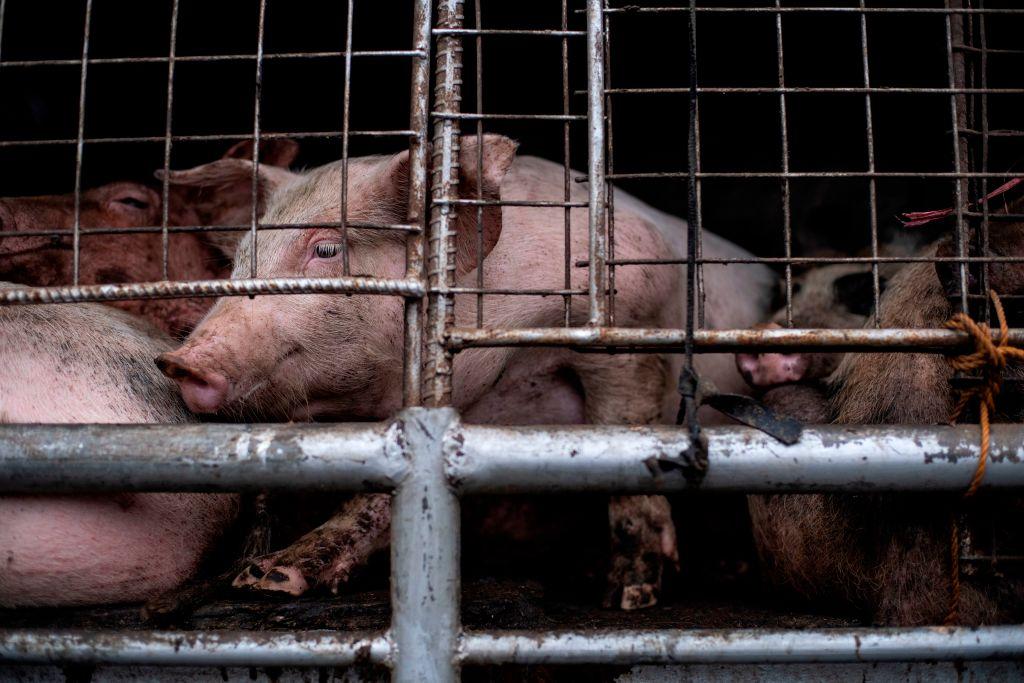TAIPEI, Taiwan—Local authorities have imposed a fine for travelers bringing pork products from the Philippines, after the Southeast Asian country confirmed cases of African swine fever (ASF).
Taiwan’s Central Emergency Operation Center, a government agency under the Council of Agriculture, reported on its website on Sept. 9 that the Philippines has just become the eighth Asian country to be hit with the disease, following China, Mongolia, Vietnam, Cambodia, North Korea, Laos, and Burma.





